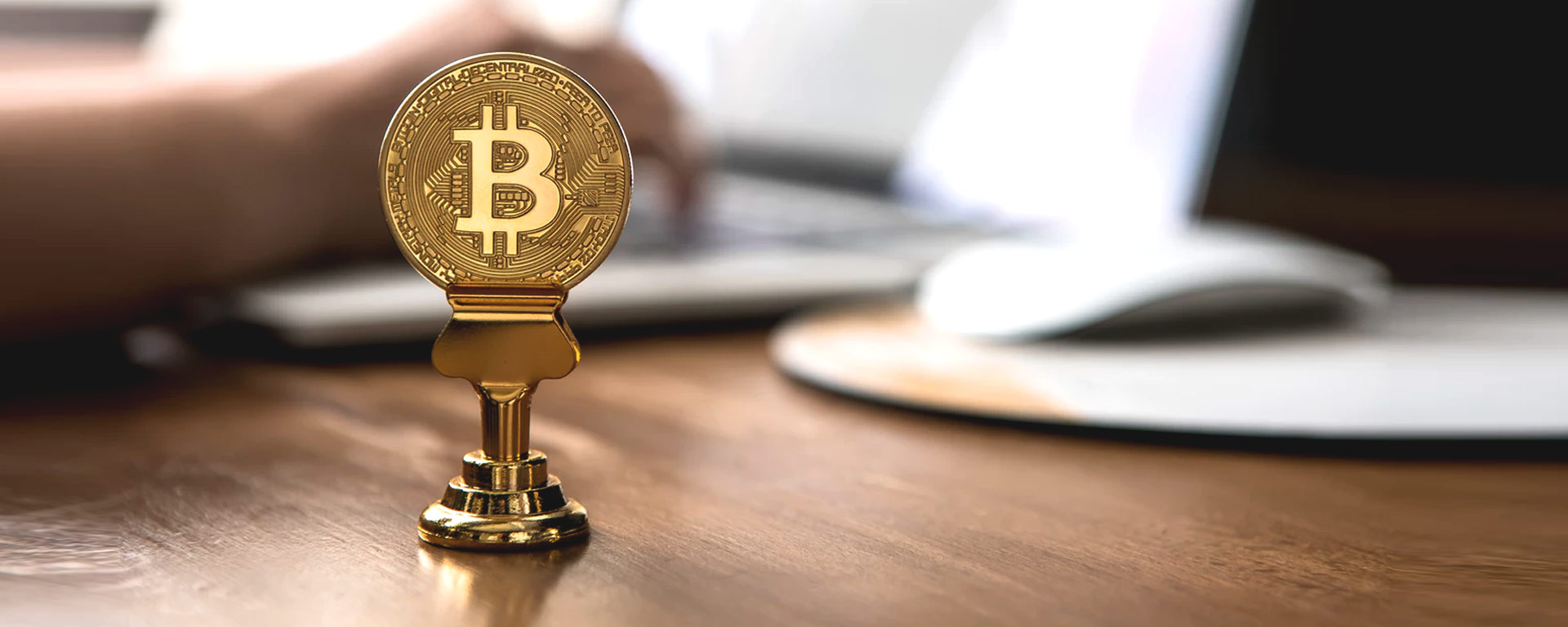
The etymology of the word Bitcoin was first coined in 2008 which is a lexeme of the words ‘bit’ and ‘coin’. With ‘bit’ which pertains to the basic unit of information used in digital communications and ‘coin’ which is a rounded piece of metal or plastic that represents monetary value.
It is so dramatically valuable that you can basically do anything with it. You can use bitcoin to pay and fly with Virgin Galactic, book an accommodation atExpedia.com, purchase Microsoft apps and Xboxes, dine in Subway, buy TV on Shopify, cellphones, laptops, and more.
It is important to know that Bitcoin, unlike other fiats, it is not backed by any bank nor government. They can neither impose taxes nor any regulatory law for that matter.
How it’s valued is basically based on its popularity and how people’s perceptions actually allow for it to have a value. Like dollars, it fluctuates although it’s value can be monitored online.
Bitcoinwas forged by an anonymous person that goes by the alias “Satoshi Nakamoto” which sounds likely Japanese. But was Bitcoin really founded in Japan? Nobody knows.
After mining about 1 million bitcoin, the mysterious Satoshi Nakamoto handed over to Gavin Andresen the network alert key and control of the Bitcoin Core code repository then disappeared. Gavin was the first to decentralize the control over bitcoin to ensure the longevity of the project.
It is made to eliminate middlemen –banks, and move assets with absolute anonymity. Transactions using bitcoin can be verified through the blockchain where everyone in the network can see.
Bitcoin is the pioneering cryptocoin currency ever to be circulated. Cryptocurrencies are lines of complex computer codes that have monetary value.
How? We have this thing called “Mining” which basically works like mining or digging for gold. In this sense, there are complex mathematical problems and supercomputers have to solve or “mine” them. You solve a math problem, you get a coin. A bitcoin.
And like gold, mining for bitcoins have become more complex and difficult to find. A miner can join a “pool” or group of miners. That way, they’ll be able to mine bitcoins faster and earn more together.
Manipulating bitcoins is outrageously painstaking and not worth the expense; not to mention how much you’d pay for electricity bill with a mass of supercomputers running 24/7 to solve or “mine” mathematical problems.
Bitcoin today, in a nutshell, is almost as precious as gold itself.
Miners compete for bitcoins in solving mathematical puzzles. The more “miners” join, the more intense the competition becomes, and the equations become more and more difficult to solve. The fewer miners, the easier problem-solving is as this is to ensure that bitcoin maintains its value.
Since Bitcoin is the first circulated cryptocurrency, all other assuming digital currencies are then called “Altcoins” or alternative coins. Regardless how they call it, be it a Peercoin, Litecoin, Ethereum, Feathercoin, etc. they are all considered Altcoins.
Like real money, you can keep your bitcoin in your digital “Wallet”. It is your small personal database and it could be kept on your PC, USBstick, mobile phone, tablet, etc.
You can store it offline to protect the currency and keep muggers and thieves at bay which is called “cold storage”. You may also store in online over the internet which is called “hot storage” considering the high risk of having it stolen in this process.
On the other hand, when you lose your access to your cold storage or hardware, the bitcoins contained inside are permanently lost and irretrievable.
So what to do people do with bitcoins? Simple. They live life normally and make purchases just as how you think that paper money you right now can buy you stuff. Some people like it because it removes bank fees, third-party charges, and whatsoever.
Also, people keep it aside for some time hoping for its value to rise. For all intents, bitcoins can never be forged as how it is created is immensely complicated and computationally-intensive. It’s not even worth manipulating, to begin with. You’ll probably end up losing more than gaining.
And because bitcoin exchange is incredibly pliable and the transactions are anonymous, criminals began using bitcoins in laundering money, drug cartel, and other illegal activities. That is why most governments as of 2017 are having a closer look on bitcoin.
Securing bitcoins. Just as holding a bucket of gold, having hefty amounts of bitcoins makes you a target by scammers and hackers. Therefore, it is imperative that you take insightful precautionary measures in securing your bitcoins.
Apart from having it tracked and verified via blockchain, a failsafe copy must back up your wallet. For every bitcoin transaction you engage in, it is very important that you have .dat file with you that is updated, copied, and stored as per bitcoin transaction.
Bitcoins have value because people perceivably deem it valuable. Bitcoins are circulated because people allow it. Bitcoins are well- sought after because people compete for it.
Nevertheless, it is growing exponentially as it is part of the world’s digital evolution. Juvenile as it is, it is of wise reasonable cognition that people understand it’s nature, principles, behavior, and potential.
Any questions?
Feel free to talk to one of our digital strategists today. We are more than happy to help! Contact us now.



